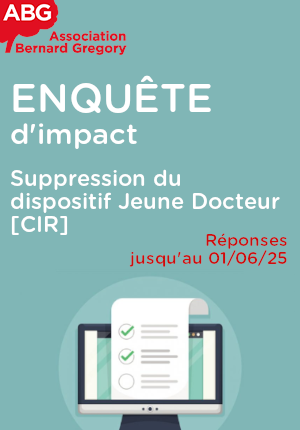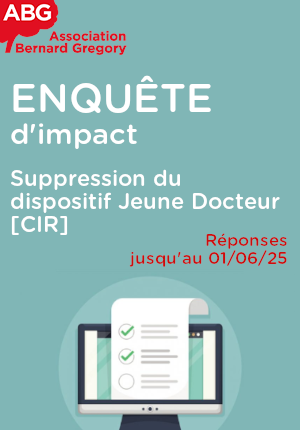Design of meat analogues with in-situ neutron and x-ray scattering techniques
| ABG-131962 | Sujet de Thèse | |
| 14/05/2025 | Financement de l'Union européenne |
- Chimie
- Physique
Description du sujet
The Doctoral Network “Edible Soft Matter” (ESM), funded by the European Union in the frame of the Marie Sklodowska-Curie Actions (MSCA) funding programme is an international, interdisciplinary, and cross-sectoral network gathering leading experts in basic and applied soft matter and food sciences.
The objective of this 48-month project, starting from 1st March 2025 is to train and develop the employability of a new generation of young researchers, regulators, consultants and project leaders by providing them with a unique expertise in the design, production and quality assessment of innovative plant-based food products.
The consortium includes eleven Beneficiaries from seven countries (including three from the non- academic sector) who will each recruit at least one Doctoral Candidate and twelve Associated Partners (including four from the non-academic sector) with worldwide recognised and complementary expertise.
18 Doctoral Candidates will be recruited and trained in the frame of the ESM project. Through the implementation of an Individual Research Project (IRP) and the network-wide training activities, characterized by a strong involvement of the non-academic partners of the project, the Doctoral Candidates will develop the hard and soft skills needed to face the current challenges related to food and environmental transitions.
The ESM project is organised in seven work-packages (WP) including four research-based WP and three transversal WP dedicated respectively to Doctoral candidates training (WP5), Communication, dissemination & exploitation of the project results (WP6) and to Project management and coordination (WP7). The research-based WP unravel basic scientific questions to address the essential food-related research objectives: Plant-based Ingredients (WP1), Assemblies and Interactions (WP2), Multiscale Structuring (WP3) and Towards Innovative Manufactured Foods (WP4). The scientific objectives of the project will be achieved through the implementation of 18 Individual Research Projects (IRP).
IRP16: PhD position in "Design of meat analogues with in-situ neutron and x-ray scattering techniques"
Supervision:
Main supervisor: Prof. Dr. Peter Fischer
Co-supervisor(s): Prof. Dr. Patrick Rühs
Objectives:
Role of protein & polysaccharides in the design and formulation of meat analogues
Suitable method for rapid and reliable ingredients characterization
Design of flow cells for extrusion and in-situ scattering
Expected results:
Role of individual ingredients on final food matrix
Criteria for extrusion and cooling die design
Role of normal stresses and fracture mechanics
Planned secondments
University Lund, Scattering techniques
Bel, Plant protein knowledge
Prise de fonction :
Nature du financement
Précisions sur le financement
Présentation établissement et labo d'accueil
ETH Zurich
Food Process Engineering & Food Structure Engineering, Institute of Food, Nutrition and Health
Site web :
Etablissement délivrant le doctorat
Profil du candidat
MSc or equivalent in food science or chemical engineering with a solid training in rheology, extrusion or physical chemistry
Scientific interest, dedication to research and career goal to work in food engineering and food material science
Appreciation for interdisciplinarity and proactive drive to collaborate across fields
Proficiency in English, good communication skill and social competence
Vous avez déjà un compte ?
Nouvel utilisateur ?
Vous souhaitez recevoir nos infolettres ?
Découvrez nos adhérents
 Ifremer
Ifremer  Généthon
Généthon  TotalEnergies
TotalEnergies  Laboratoire National de Métrologie et d'Essais - LNE
Laboratoire National de Métrologie et d'Essais - LNE  CESI
CESI  PhDOOC
PhDOOC  Tecknowmetrix
Tecknowmetrix  Institut Sup'biotech de Paris
Institut Sup'biotech de Paris  ASNR - Autorité de sûreté nucléaire et de radioprotection - Siège
ASNR - Autorité de sûreté nucléaire et de radioprotection - Siège  ONERA - The French Aerospace Lab
ONERA - The French Aerospace Lab  Groupe AFNOR - Association française de normalisation
Groupe AFNOR - Association française de normalisation  Aérocentre, Pôle d'excellence régional
Aérocentre, Pôle d'excellence régional  SUEZ
SUEZ  MabDesign
MabDesign  ANRT
ANRT  Nokia Bell Labs France
Nokia Bell Labs France  CASDEN
CASDEN  ADEME
ADEME  MabDesign
MabDesign







